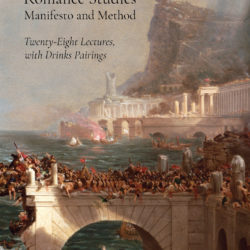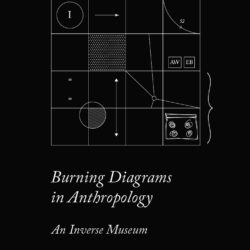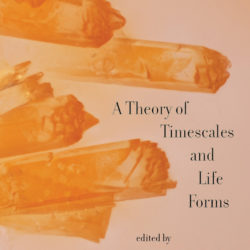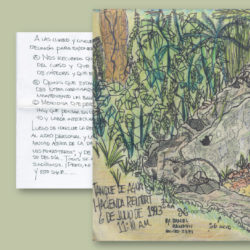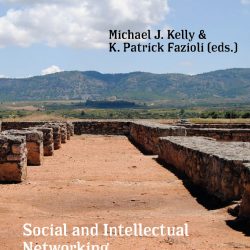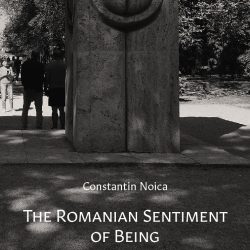Romance Studies: Manifesto and Method. Twenty-Eight Lectures, with Drinks Pairings
FORTHCOMING Winter 2027
What is Romance Studies? What could it be? This book is a sustained attempt to define—indeed, invent—the field, both in theory and in practice. It is therefore both a manifesto for Romance Studies as a discipline that may be an antidote to bureaucratic reason and, more broadly, a provocative but accessible introduction to methods of[…]

